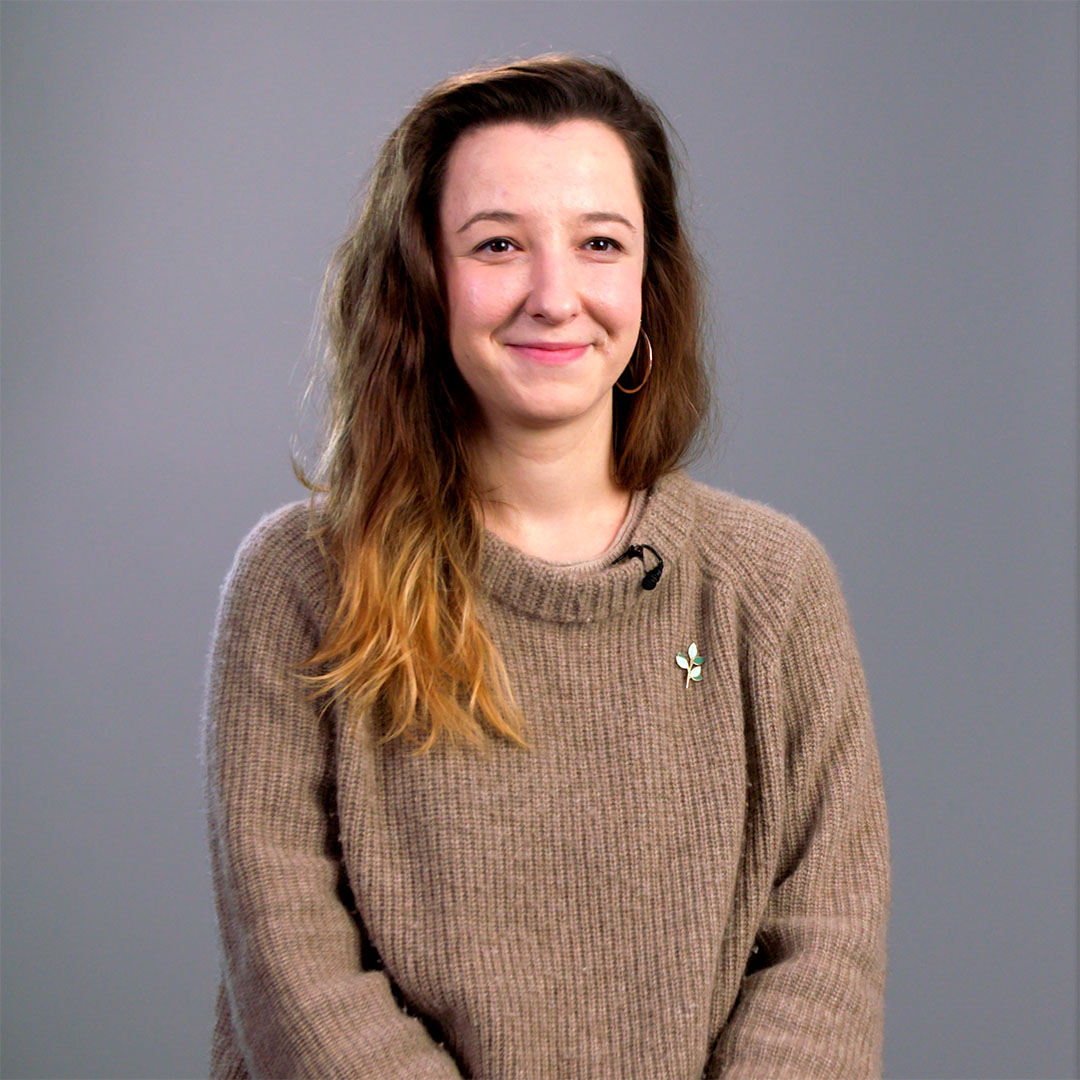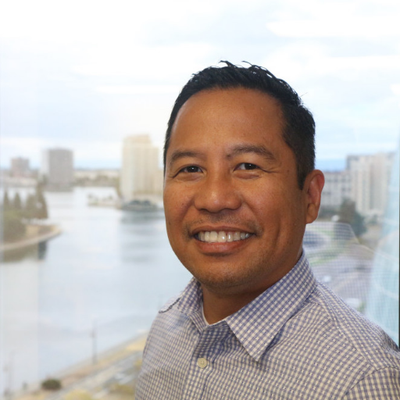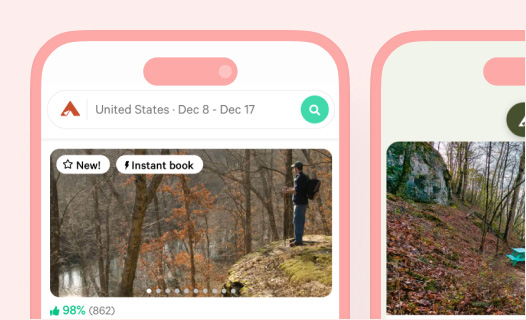Results
We initially launched with Outschool for +11% conversions in the summer of 2022. Then, we launched two additional LTV (Life Time Value) optimizations for an additional +2% and +7% (~9%) in total in the following months. The total impact is roughly +16% revenue by better matching teachers with learners.
Conversions
+11%

About Outschool
#10
A16Z Top 100 Marketplace 2021
Outschool is an online learning platform that empowers kids ages 3-18 to learn on their own terms with the widest variety of teachers, topics, and classes to suit any interest.
They offer interactive, small-group classes that are fun and social, video classes that can be taken any time, and clubs that connect learners around their favorite topics.
Outschool has raised over $240M in venture capital, most recently in a Series D, from world class partners, and is among the top 20 largest private consumer marketplaces. Today, Outschool offers more than 140,000 live online classes to more than 1,000,000 learners in 183 countries worldwide.
Searching Outschool with Promoted.ai
The Challenge
Outschool’s mission is to inspire kids to love learning. They believe the best way to do that is by linking learning to interests and giving kids the autonomy to pick their own path.
To do that, Outschool wanted to better match learners with educators to increase search conversion rates, total GMV, and profitability. Existing recent investments in search quality were promising, and Outschool wanted to extend these investments to further increase conversion rates.
These investments using had already brought Outschool search conversion optimization to the state-of-the-art in terms of systems and practices. Any further improvement would need to be an order-of-magnitude investment in a combination of user metrics collection, data processing, modeling, and real-time serving.
Solution
Promoted maximized conversions (+11.2%) in search
They did this by applying the state-of-the-art in conversion optimization ads engineering to the problem of marketplace search optimization. Promoted created a unified organic and promotion system for Outschool in three steps:

Client and Server SDKs
Our Client Metrics Libraries integrated with Outschool’s web app to deliver the real-time data that powers Promoted Delivery.
When integrating web frontends with Promoted, you can use our state-of-the-art client libraries to get up and running quickly and correctly. Our libraries are tailored specifically for Promoted Delivery.
The Promoted Delivery API optimizes listings in search, feed, or paid promotions. Call our Delivery API where you would call a database or a search service like Elastic. We re-rank on every request to deliver the best possible listings, personalized to each user and context in real-time. To get your marketplace optimized faster, use shadow traffic to safely train and test our Delivery systems so you can be confident before live production.
Visit our Client Metrics SDKs and Server SDKs pages to learn more.
From the Outschool Engineering Blog
At Outschool, we take search quality extremely seriously. We want to make sure our users are consistently served relevant and accurate search results. When we get a report where search results that are not quite right, we jump into action to find out exactly what happened and fix our algorithm so that similar reports don’t happen again. Below is an example of how we typically debug search ranking errors.
The Outschool team continuously monitors search quality reports. Red alert! A user had a search result that wasn’t as expected! The search query was “national geographic level 3 flex.” The item “Book Club: National Geographic Level 3 English Reading Club FLEX Series 1” was expected to be first, but it ranked 11th. Other items that didn’t share many title keywords ranked higher. The Outschool team reaches out to our search partners at Promoted.ai, who immediately jump onto debugging the issue with us...
Empowering your Engineering Teams
References and testimonials
“Our journey in improving and optimizing our search conversion led us to Promoted and we couldn’t be happier about how this turned out.”
Promoted allowed us to deliver an ML powered search product much faster than if we had built it ourselves. This resulted in us delivering relevant search results to our users. Additionally, the Promoted team is a delight to work with. The whole time we were working with them we considered them as part of the team and more than just a service provider providing a solution to us.
“The type of partnership that we’ve gotten has been really excellent.”
It’s been a much closer lockstep process than I’ve experienced before. Lots of individual attention on the types of unique business problems that we’ve had. We did an initial experiment to see how Promoted was going to help our metrics, and that experiment went really well, so that gave us the confidence to continue to integrate further.
Looking at the most recent backtest, I believe there’s a conversion rate impact of 6% over control, over the types of algorithms that we were using before, and a bookings impact of 8%. It’s been really impactful.
See Also
See how top marketplaces have increased conversions by +11% and continued to improve revenue by integrating with Promoted.










